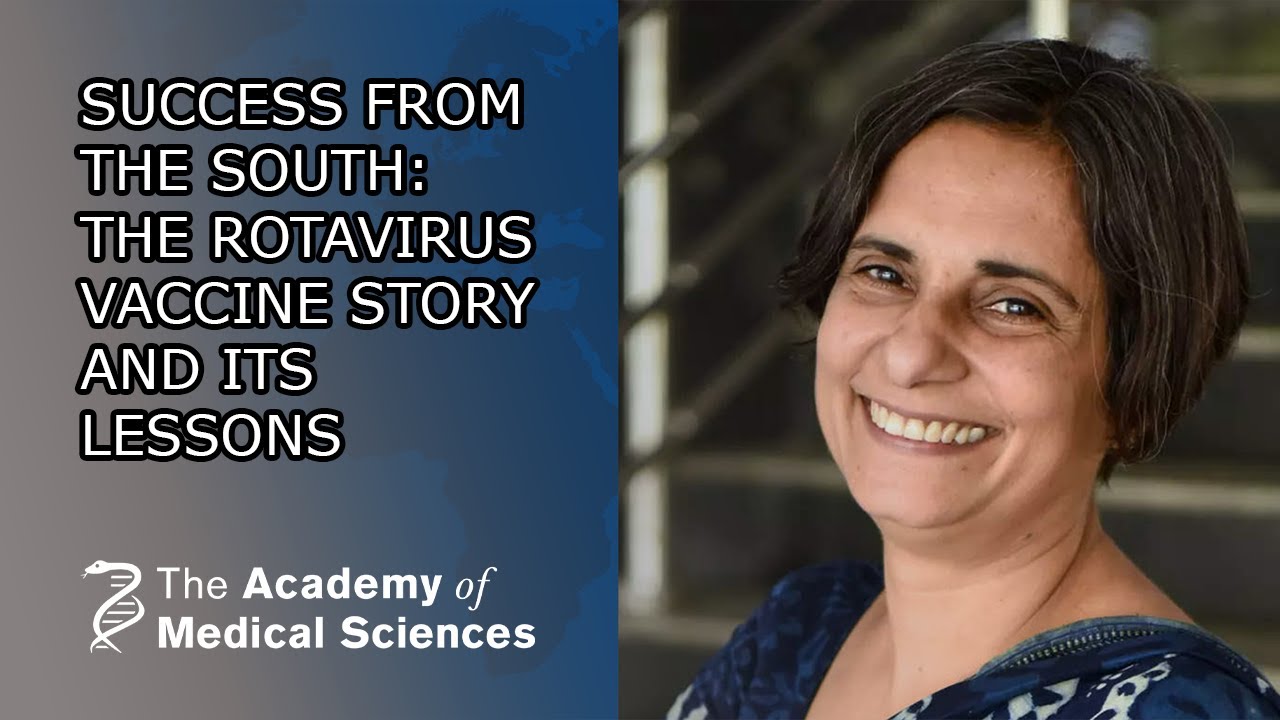Mental health and substance use disorders make up the greatest economic cost of non-communicable diseases in low- and middle-income countries.
Together with the Inter Academy Partnership for Health, we convened a workshop to discuss the challenges and priorities for global mental health in the SDG era.
Read the full report:
https://acmedsci.ac.uk/file-download/48863619
Read more about this work on our website:
https://acmedsci.ac.uk/more/news/challenges-and-priorities-for-global-mental-health-research
The Academy’s work in this area shaped the agenda for the recent Global Ministerial Mental Health Summit in London. Read more:
https://acmedsci.ac.uk/more/news/ensuring-better-mental-health-for-all
Learn more about the Inter Academy Partnership for Health:
http://www.interacademies.org/
We are the independent body in the UK representing the diversity of medical science. Our mission is to advance biomedical and health research and its translation into benefits for society.
Find the Academy of Medical Sciences online:
Website: http://acmedsci.ac.uk/
Twitter: http://twitter.com/AcMedSci
Facebook: http://www.facebook.com/acmedsci
Instagram: http://www.instagram.com/acmedsci/
—-
TRANSCRIPT
Mental health and substance use disorders account for almost 8% of the global disease burden, and make up the greatest economic cost of non-communicable diseases in low- and middle-income countries.
Access to treatment, lack of funding, skills shortages and stigma continue to be among the barriers to tackling the issue worldwide.
However, since the development of the Grand Challenges in Global Mental Health initiative in 2011, there has been a growing awareness of the importance of mental health, and progress has been made.
The Sustainable Development Goals explicitly mention mental health, and the World Health Organisation and World Bank have published landmark reports on the issue.
Ten years on from our Global Mental Health Symposium, The Academy of Medical Sciences, in partnership with the Inter Academy Partnership for Health, convened a workshop to discuss the challenges and priorities for global mental health in the SDG era.
The workshop found that the goals, challenges and many of the research questions identified in 2011 remain pertinent today.
And that most progress has been made on the goal of improving treatment and expanding access to care – the focus of four of the five challenges outlined.
But other long standing issues remain to be addressed, such as financing for mental health services, and research to increase capacity and build leadership.
Among the new research questions to emerge, the workshop found that many relate to issues that are specific to different stages of the life-course.
They concluded that significant progress could be made by reframing the 2011 challenges and research questions in terms of life stage, and that the Universal Health Coverage agenda offers the best framework in which to develop integrated interventions to prevent, treat and research mental health disorders.
The challenges remain significant, but progress since 2011 offers encouragement that research can deliver the evidence needed to lessen the burden of mental health disorders around the world.
